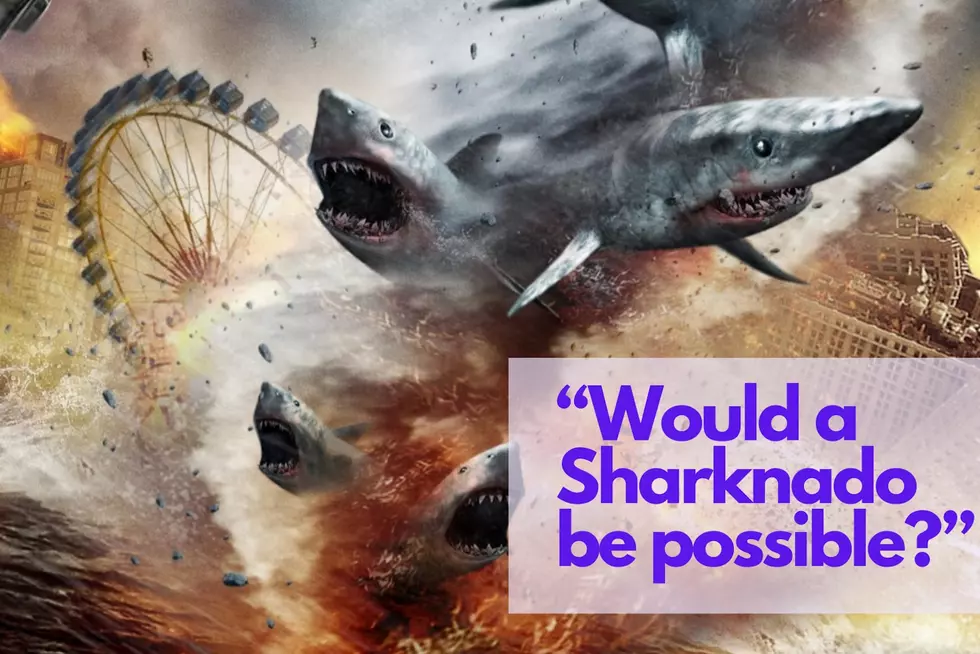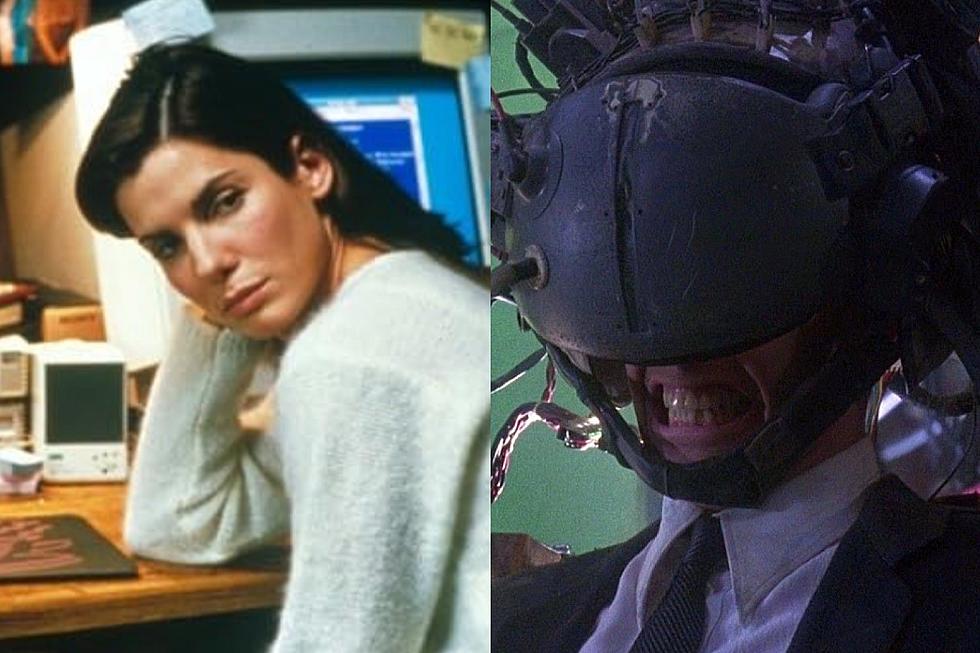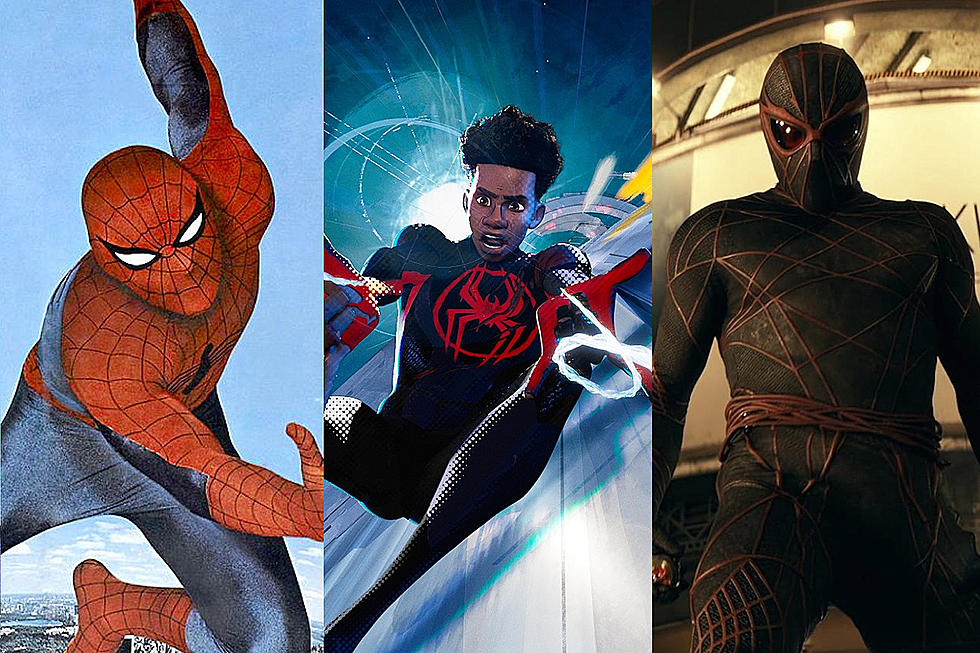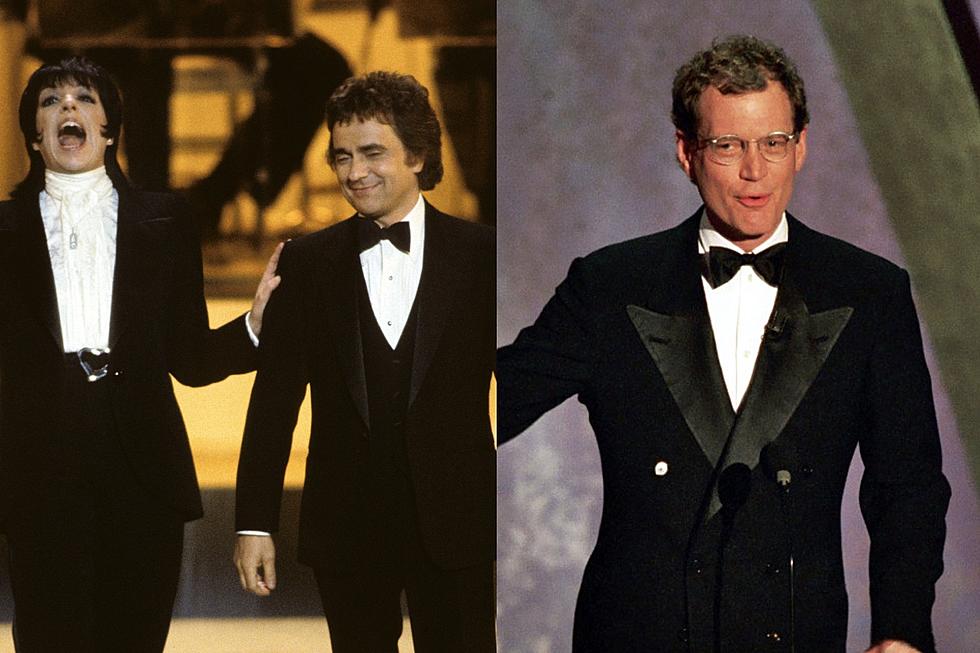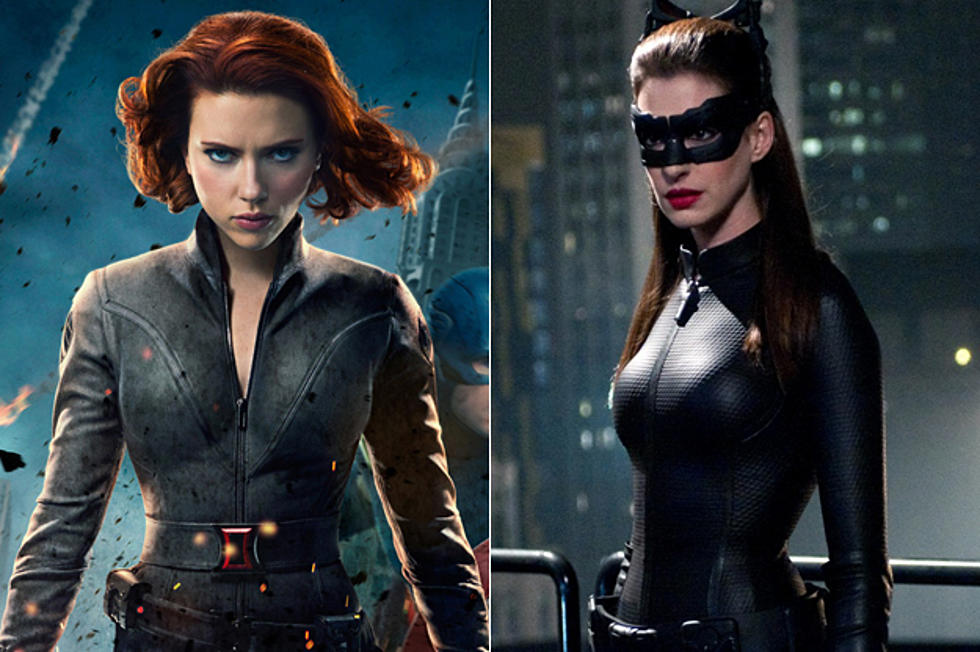
Why Is It So Hard to Make a Good Female Superhero Movie?
The last several years have blessed us with plenty of superhero films, ranging from Marvel flicks like 'Iron Man' and 'Captain America' -- which led us to the ultimate superhero ensemble flick this summer with 'The Avengers' -- to the final film in Christopher Nolan's Batman trilogy, 'The Dark Knight Rises.' But men are the focus of each and every one of these superhero films -- when do the female superheroes get their time?
Black Widow (Scarlett Johansson) kicked ridiculous amounts of ass in 'The Avengers,' and though her motivations reside in the grey area, Anne Hathaway's Selina Kyle/Catwoman was equally well-written and rounded in 'The Dark Knight Rises.' Why, then, are these women relegated to supporting roles when they've shown they can hold their own alongside their male counterparts?
Female heroines in comic books have long been drawn with exaggerated curves and decked out in impractical costumes, their sexuality heightened to suit the largely male demographic. It makes sense, then, that the translation from book to screen would follow suit, continuing to relegate these women to roles that are -- while relatively crucial to the plot -- for all intents and purposes, minor in comparison to their male peers. Though Black Widow had some of the best moves, made all the more impressive due to her lack of super powers and accessories, many looked to her as necessary eye candy. In 'The Dark Knight Rises,' Hathaway's Selina Kyle is, again, crucial to the plot, but the male gaze was prevalent in many scenes in which the catsuit-clad Hathaway straddled the Batpod and the camera gave us a rather eye-popping view of her from behind.
But setting these issues aside, these heroines needed neither gadgets nor super powers to accomplish their goals, making them superior to their male peers in that they relied more on wit, intelligence and hard-won physical ability rather than sophisticated technology or improbable abilities bestowed upon them by circumstance or divine intervention. In this way, art imitates life in that women often work harder than men to achieve their goals -- we have something extra to prove to a world that has long viewed us as weaker-than.
Why, then, aren't we getting a superhero film led by a woman? For that answer, we look to horrible films like 'Catwoman,' 'Barb Wire,' 'Aeon Flux,' 'Elektra' and the arguably cheesy but still kinda awesome 'Tank Girl.' The dominating issue with these films is the way the filmmakers choose to continue to capitalize on the attractiveness and physical appeal of their leading ladies and their costuming to draw the male fanbase, completely discounting the possibility that there exists a large female contingent -- both young and old -- who wish to see themselves represented as superheroes just as awe-inspiring and fantastic as guys like Hulk and Iron Man. (The other glaring issue with these films is that they are poorly written, corny and incredibly lazy -- as if a female heroine deserves minimal effort, which is just outright offensive.)
It's fine to have characters like Catwoman and Black Widow rely on their looks to get what they want; and in Catwoman's case in 'The Dark Knight Rises,' she uses female stereotypes like emotional weakness and vulnerability to cleverly manipulate her way out of dangerous situations. But when you build an entire character on the basis of appearance and sex appeal, little is left for the audience to empathize, creating a dynamic in which the audience objectifies rather than relates. This scenario allows for the continuation of women to be dismissed as we pay more attention to how she looks and what she's wearing than her character development, her intelligence or even her humanity.
We can have a superheroine who is both attractive and kicks ass, but we can't seem to give her a film to call her own without continuing to pander to a male-dominated audience of comic book fans and fanboys. It seems so simple. Looking back at films from the last year or so, we've seen several female-centric comedies and dramas that portray women as complex and empathetic, with attention paid to their emotional depth and histories. 'Bridesmaids,' 'Young Adult,' 'Melancholia' and even 'Bad Teacher' taught us that women can do things we don't necessarily agree with or even like, but that's what makes them human and ultimately empathetic. Why, then, is it so difficult to take a woman like that, put her in a superhero costume and have her save the day?
Do we not believe that women can achieve greatness without getting a little boost from men? Without 'The Avengers,' is Black Widow any less relevant or able? We won't know until we give her a story to call her own and put her in the capable hands of a competent filmmaker who respects that her womanhood is incidental to her ability to save the world.
More From ScreenCrush

